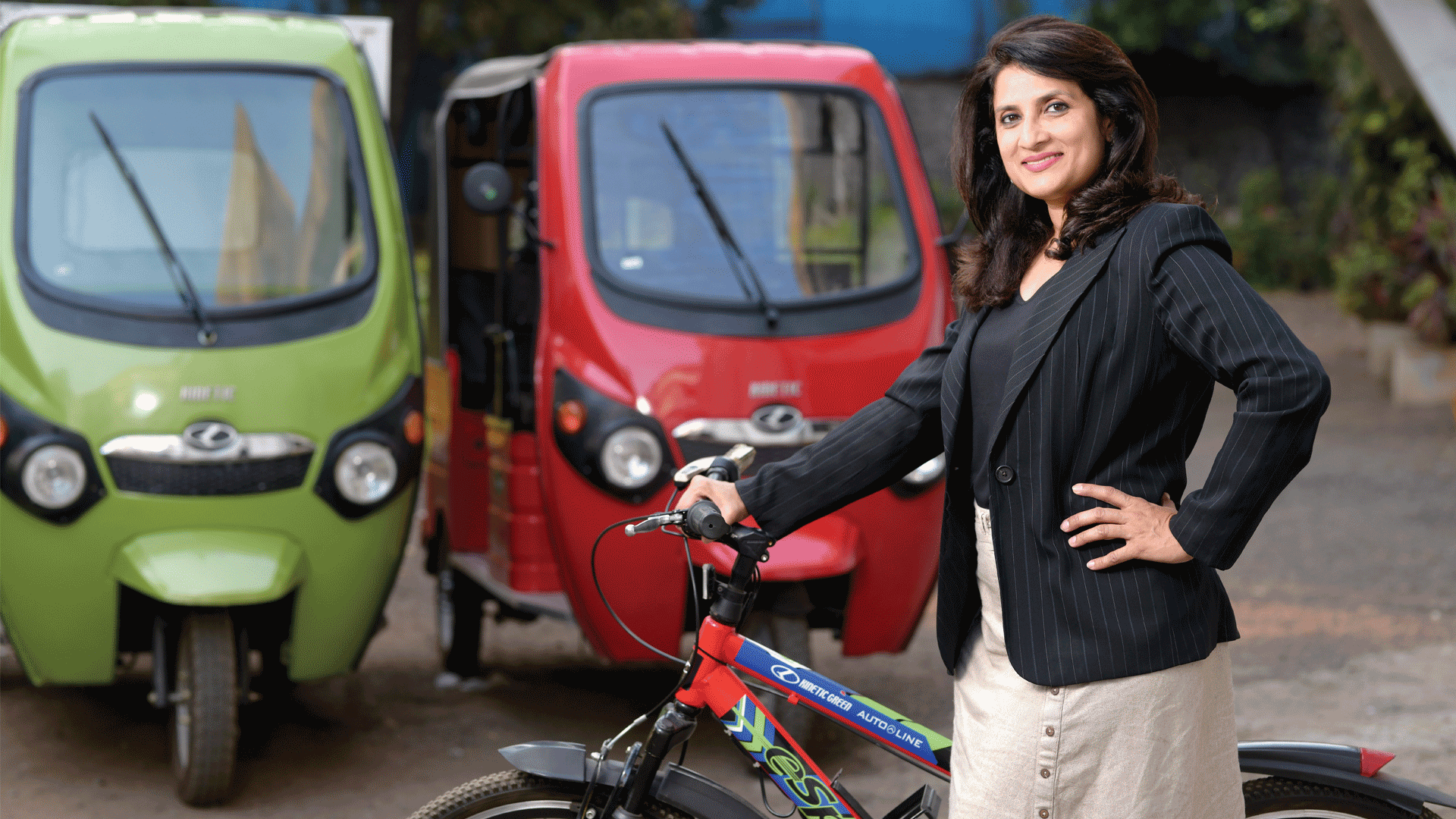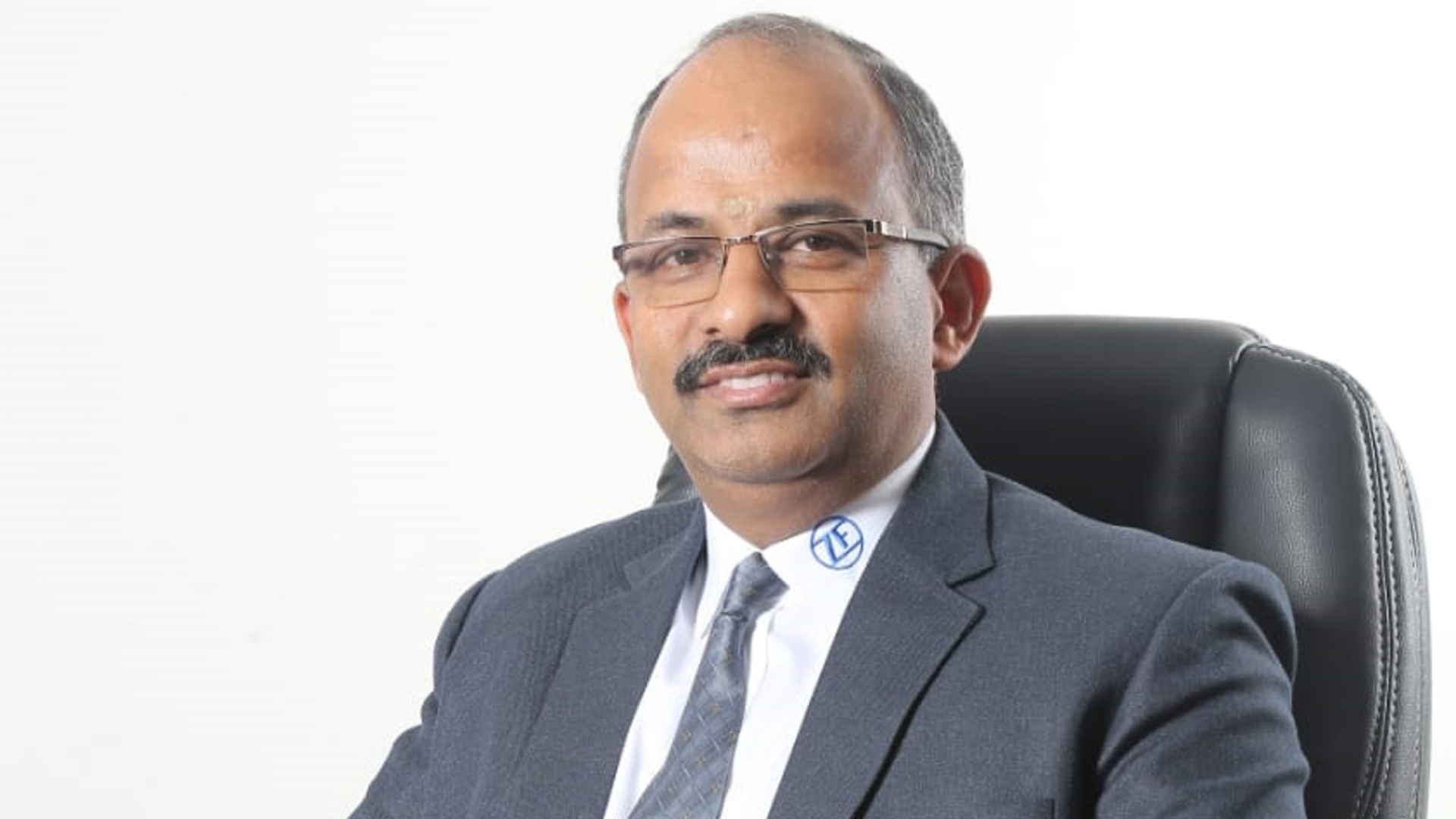Okinawa Autotech – Jeetender Sharma, founder & MD

2021 can prove to be a revolutionary year for the electric vehicle (EV) industry. They have high hopes and are optimistic that the government will continue to take the right steps to place India on the global EV map.
With that said, there is a need to reconsider the current taxation framework applicable on raw materials and the final product in case of EVs. While the GST input on raw material is 18%, the tax on outward supplies currently stands at 5%, leading to an implicit inverted duty structure for manufacturers. This move could help in optimizing the cash flows.
The central government’s recent move to extend the PLI scheme to the automobile sector including for manufacturing of Advanced Chemistry Cells (ACC) is commendable. While this will definitely give a boost to local manufacturing, better yet, the government must also look at aggravating the domestic demand by further incentivising individual and commercial consumption of EV pan India. Such a holistic approach would create a thriving ecosystem for EVs and cement India’s position as a global EV hub offering abundant opportunities for growth and attracting huge investments for further innovation.






























